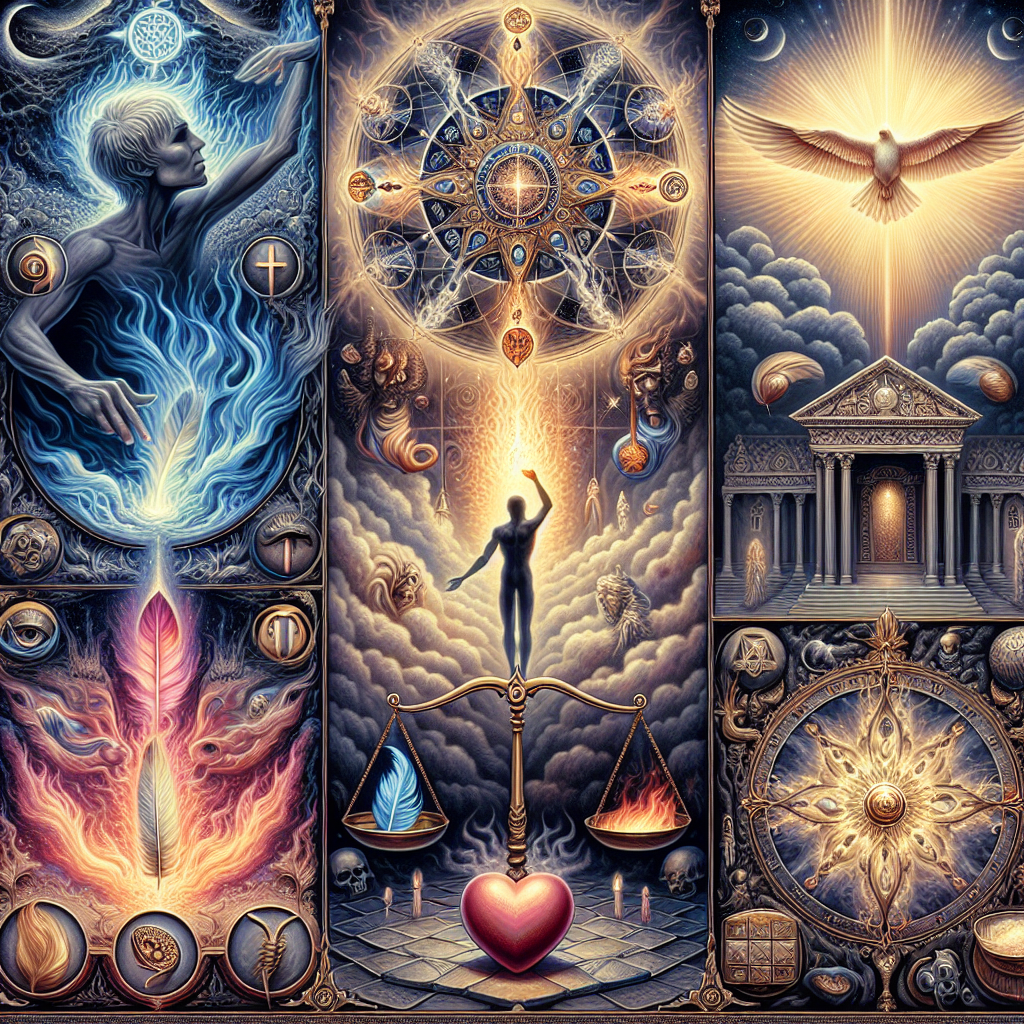Necromancy, the practice of communicating with the dead, has a long and controversial history in various religious traditions. While some view it as a form of witchcraft or black magic, others see it as a legitimate spiritual practice. In this article, we will explore the perspectives on necromancy from different belief systems.
In Christianity, necromancy is generally condemned as a form of divination or sorcery that goes against the teachings of the Bible. The Book of Deuteronomy explicitly prohibits consulting with the dead, stating, “Let no one be found among you who sacrifices their son or daughter in the fire, who practices divination or sorcery, interprets omens, engages in witchcraft, or casts spells, or who is a medium or spiritist or who consults the dead” (Deuteronomy 18:10-11). Christians believe that communication with the dead is unnecessary and potentially dangerous, as it can open the door to demonic influence.
In Islam, necromancy is also forbidden as it is seen as a form of magic that relies on the power of evil spirits. The Quran explicitly states, “They followed what the devils gave out (falsely of the magic) in the lifetime of Solomon. Solomon did not disbelieve, but the devils disbelieved, teaching men magic and such things that came down at Babylon to the two angels, Harut and Marut, but neither of these two (angels) taught anyone (such things) till they had said, ‘We are for trial, so disbelieve not (by learning this magic from us)” (Quran 2:102). Muslims believe that true guidance and blessings come from Allah, not from communication with the dead.
In Hinduism, the perspective on necromancy is more nuanced. Some sects, such as the Aghoris, practice rituals that involve communication with the dead as a means of spiritual awakening and enlightenment. They believe that by facing death and confronting their fears, they can transcend the limitations of the physical world and achieve a higher state of consciousness. However, mainstream Hinduism generally discourages necromancy, as it can lead to negative karmic consequences and disrupt the natural order of the universe.
In Pagan and Wiccan traditions, necromancy is often viewed as a valid form of spiritual practice that honors the ancestors and seeks guidance from the spirit world. Practitioners may conduct rituals to communicate with deceased loved ones or seek advice from ancestral spirits. They believe that death is not the end, but a transition to another realm where the spirits of the dead can offer wisdom and support to the living.
Overall, the perspectives on necromancy vary widely among different belief systems. While some condemn it as a dangerous and forbidden practice, others see it as a legitimate form of spiritual communication. Ultimately, individuals must carefully consider their own beliefs and values when exploring the boundaries of necromancy and its role in their religious or spiritual practice.

Leave a Reply
You must be logged in to post a comment.